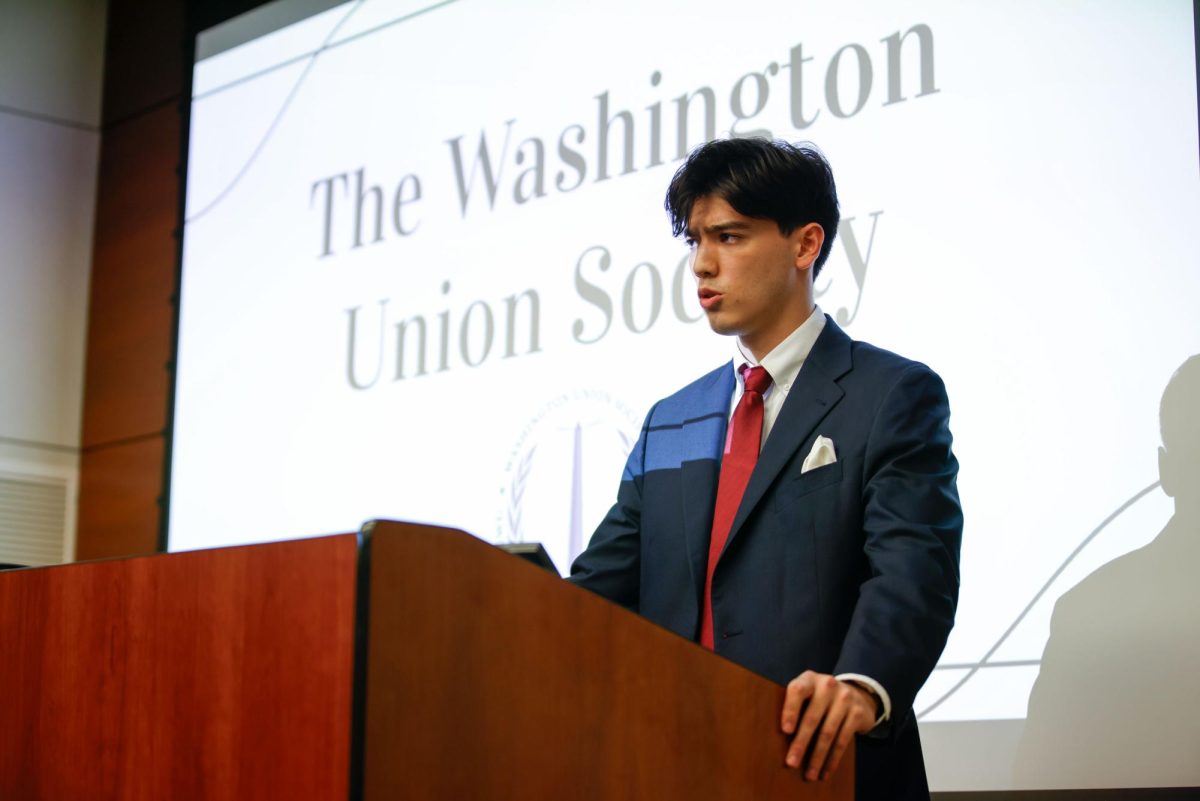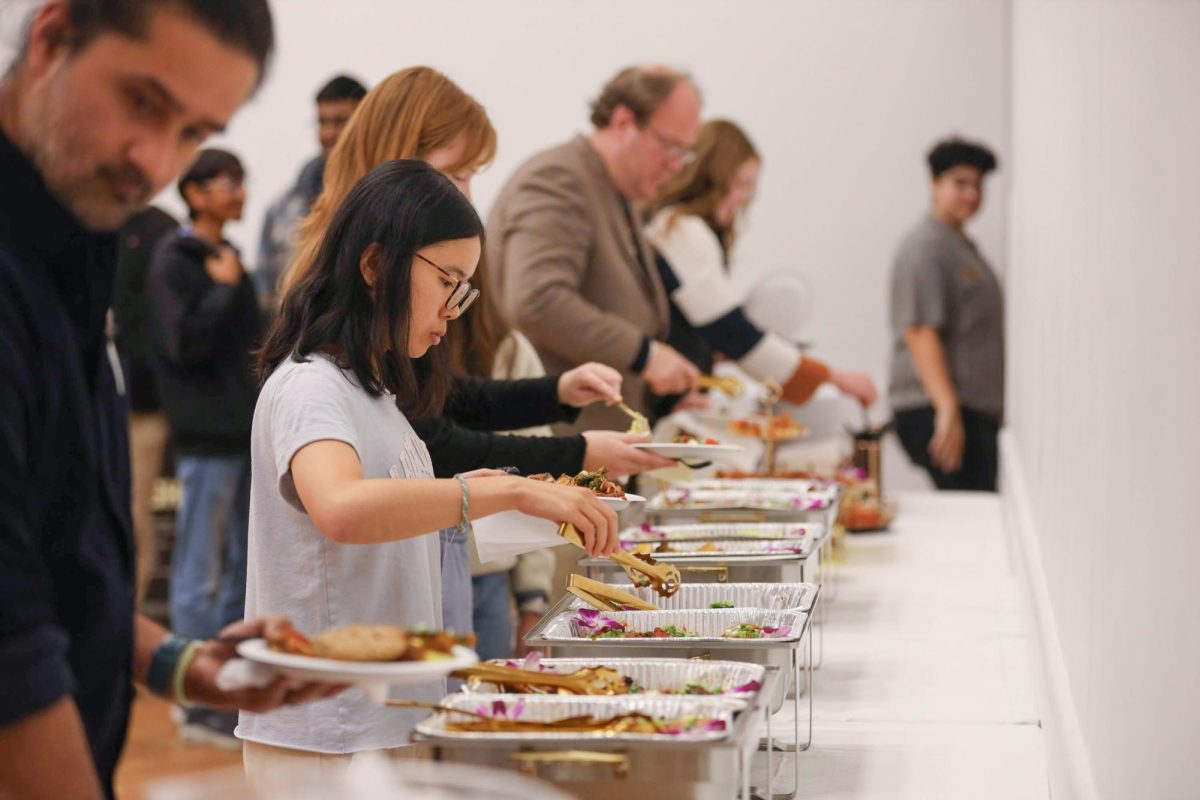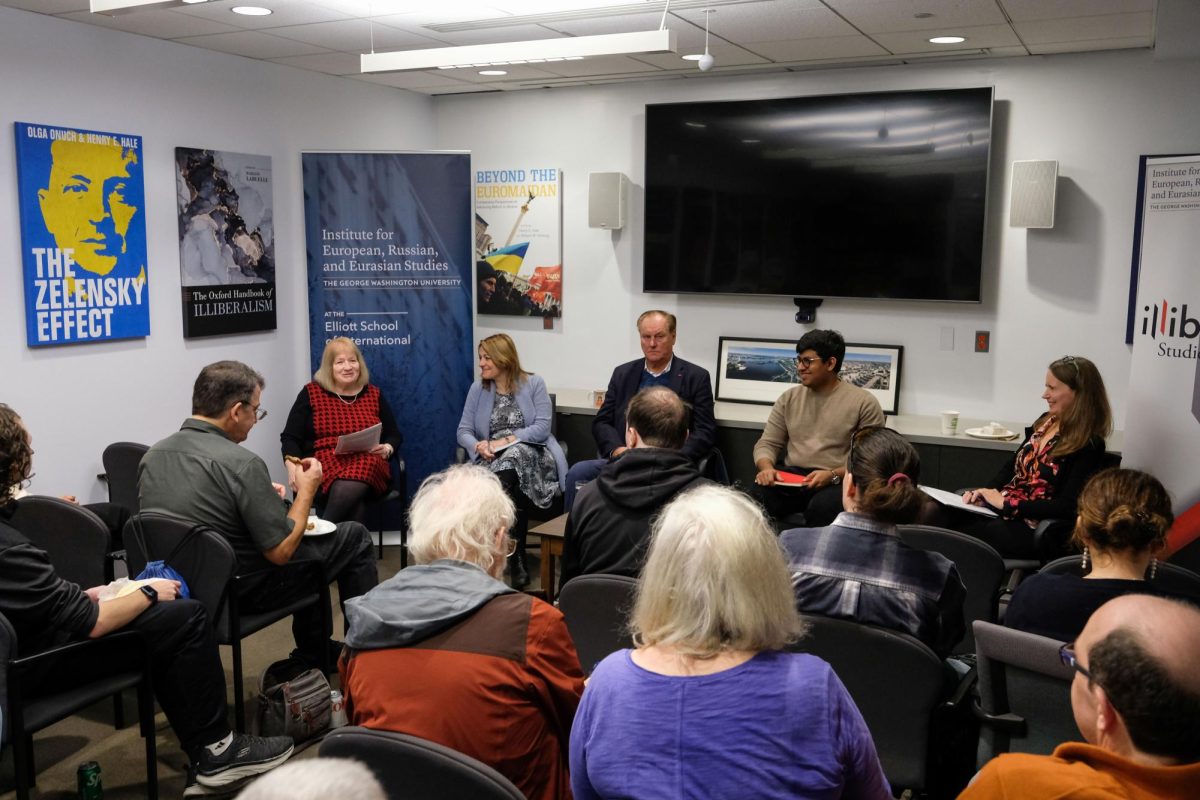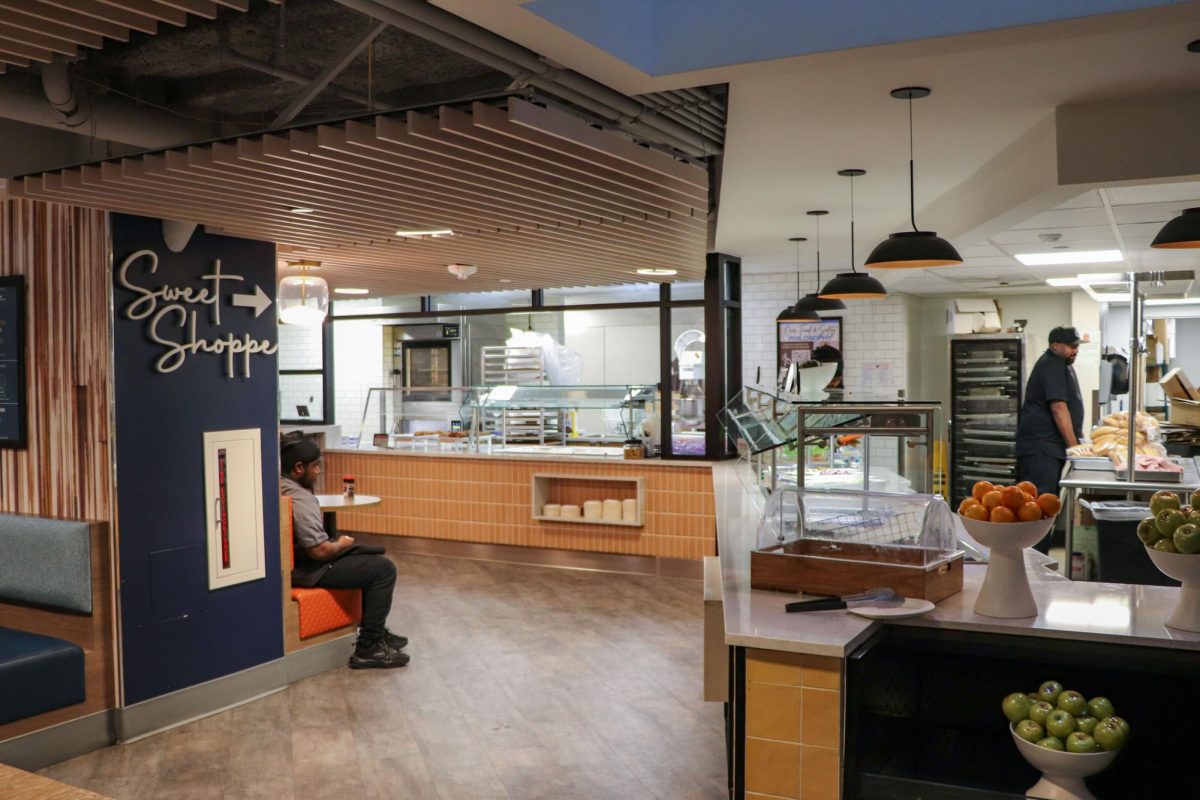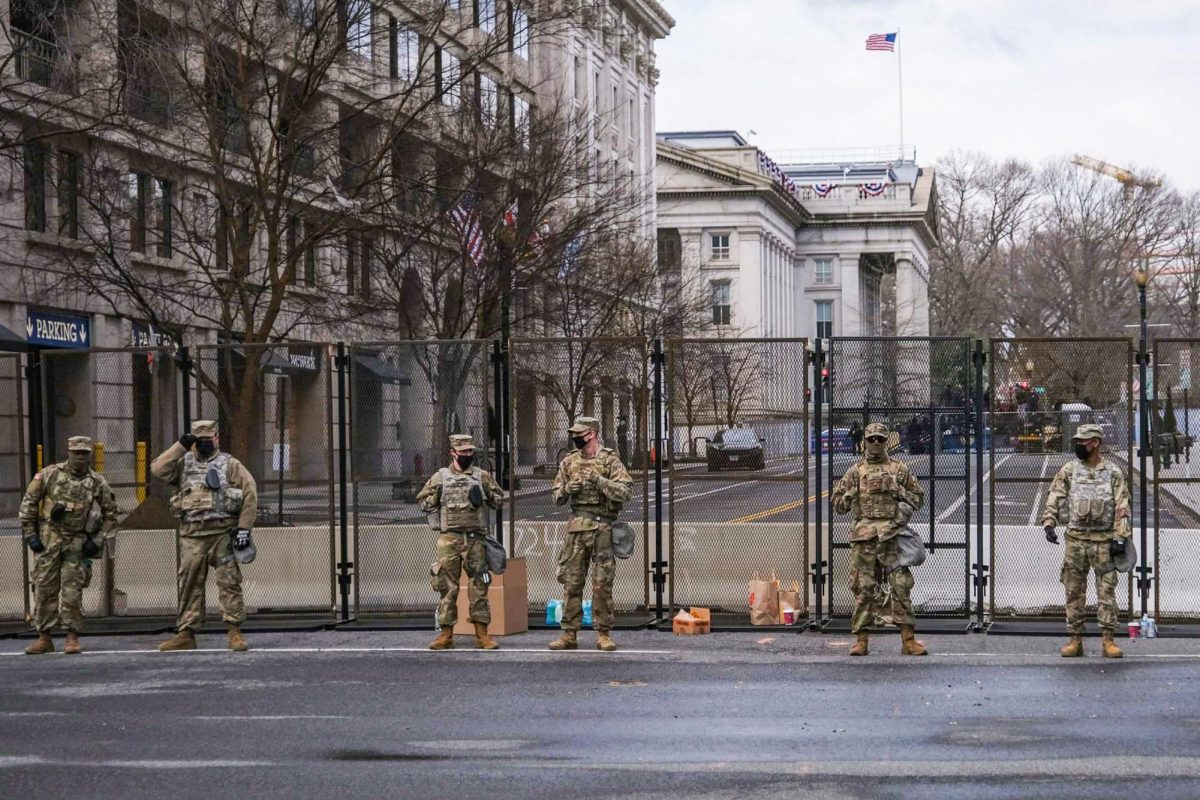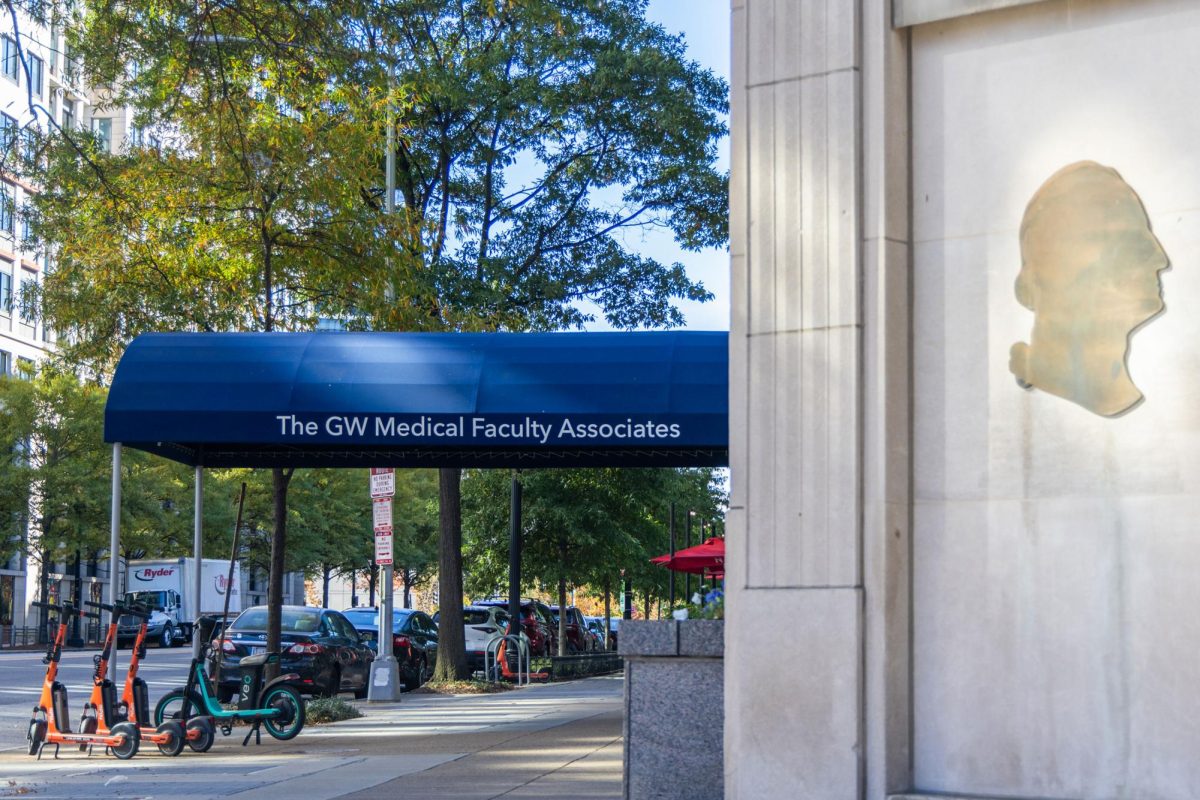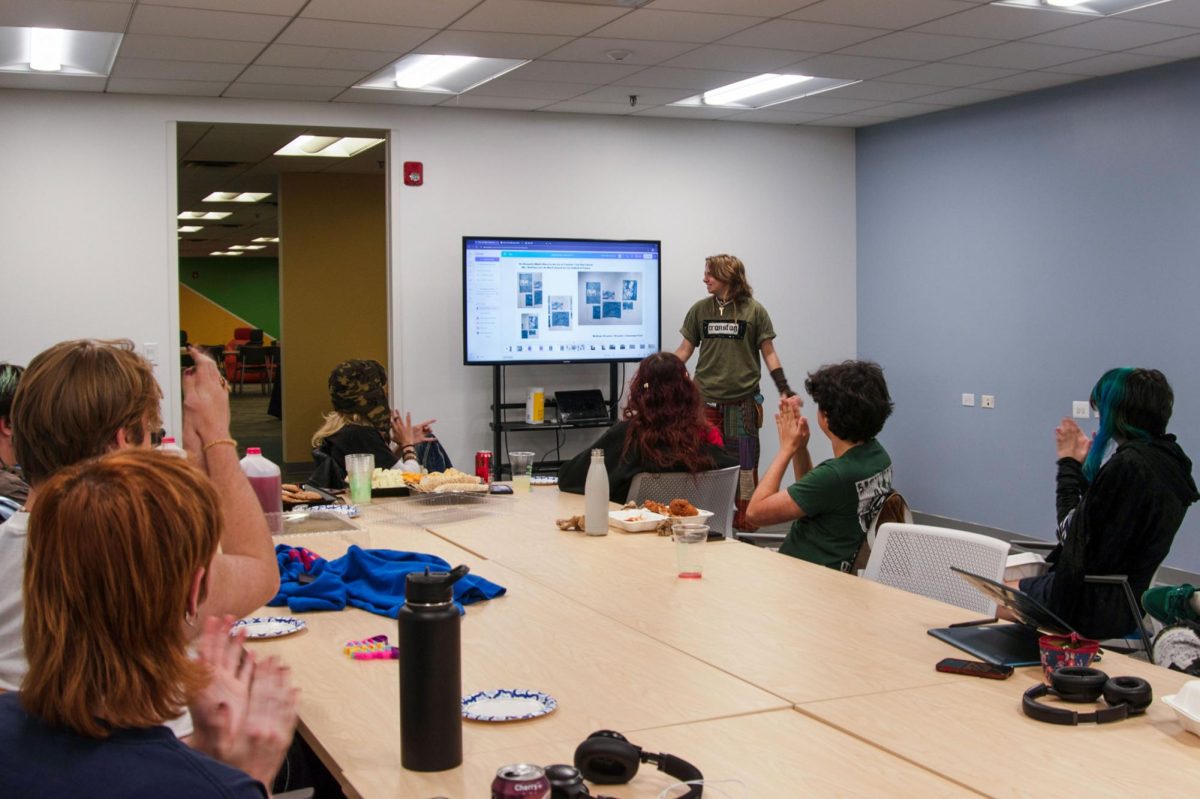Updated: May 1, 2024, at 7:37 p.m.
The Singaporean Ambassador to the United States discussed the dynamics of U.S.-Singapore relations and the broader global impact of the Association of Southeast Asian Nations at the University Student Center on Tuesday.
Ambassador Lui Tuck Yew, who has served as Singapore’s Ambassador to the U.S. since June 2023, discussed U.S. engagement in Southeast Asia and U.S.-China relations. The discussion, moderated by Robert Sutter, a professor of practice of international affairs and an expert in Asian studies, was hosted by The Onero Institute, a nonprofit fostering youth engagement in international affairs within the professional community.
Ambassador Lui opened the discussion with a historical background of the long standing relationship between the U.S. and Singapore.
“The natural relations between our two countries is long standing, very robust, multifaceted and it’s been growing,” Lui said.
Lui said the U.S. demonstrated its reliability and support to emerging Southeast Asian nations during the Vietnam War, leading to a lasting positive impression in Southeast Asia that still exists today.
Lui said U.S.-Singapore relations changed in 1990 after the agreement that Singapore would provide logistical support to the U.S. military. However, he said the U.S. withdrew a significant military presence from the area during the late 1980s and early 1990s, specifically in the Philippines, due to tensions involving the Cold War, the expiration of the U.S.-Philippines Military Bases Agreement in 1991 and the 1991 eruption of Mount Pinatubo.
He said Singapore considered U.S. withdrawal a significant loss and was committed to offering full support for the continued presence of U.S. forces in their region like extending their naval base to reach deeper waters to allow easier landing access for foreign aircraft carriers.
“The U.S. is actually the largest foreign user of our naval and air facilities in Singapore. Likewise, we are probably the second largest users of your trading bases,” Lui said.
Lui said U.S. investment in the 10 ASEAN countries has accumulated more investment over the years than the combined investment into China, India and Japan.
According to trade data from the U.S. Census Bureau, in the first half of 2022, these three nations, including South Korea, ranked among the U.S.’s top 20 trade partners, with ASEAN being the largest destination for U.S. foreign direct investment totaling more than the four mentioned nations combined.
“ASEAN, 650 million people, half of them under the age of 35, I think is promising in terms of the economic potential as well as the geopolitical possibilities,” Lui said.
Lui said Singapore and the U.S. are partners in innovation and growth, especially in emerging technologies like artificial intelligence and biotech. He said Singapore is just one of several U.S. partners in technological innovation in Southern Asia, including India and South Korea.
Sutter and Lui agreed that the perception of the U.S. government and the Biden administration not giving sufficient attention to Southeast Asia is untrue. Lui highlighted the ASEAN-U.S. Special Summit 2022, an event that took place in Washington D.C. in May 2022, which outlined shared goals and mutual interest in maintaining peace, stability and prosperity in the region.
“The Biden administration is doing a lot, sometimes with individual countries and oftentimes trying to do so collectively with ASEAN,” Lui said.
Lui said Singapore acknowledges that the current trade environment in the U.S. differs significantly from the past, with trade agreements now more contentious.
Current trends highlight a shift towards more protectionist trade policies in the U.S., reflecting persistent trade disputes.
Lui said the U.S. could improve their economic engagement with the ASEAN region, especially after the disappointment caused by the U.S. withdrawal from the Trans-Pacific Partnership.
The TPP was a trade agreement aiming to reduce tariffs and trade barriers, signed by 12 Asia-Pacific countries and the U.S. The agreement was set to be the largest global free trade deal, collectively representing 40 percent of the world economy. Numerous experts acknowledged the various economic and strategic benefits of the TPP, like boosting U.S. trade and creating new job opportunities, according to the Council for Foreign Relations .
In 2017, former President Donald Trump’s first action in office was to withdraw from the agreement. Despite being supported by experts for its numerous benefits, the TPP encountered criticism from various sectors of U.S. politics, including Trump.
The 11 remaining TPP nations have proceeded with a slightly revised agreement, known as the Comprehensive and Progressive Agreement for Trans-Pacific Partnership (CPTPP). In September 2021, China applied to join the pact. The option for the U.S. to rejoin remains open.
President Joe Biden had expressed his opposition to rejoining the current TPP agreement but had indicated a willingness to renegotiate.
“The U.S. cannot afford to be absent from the emerging economic architectures of our part of the world,” Lui said.
Lui stressed the necessity for comprehensive engagement from the U.S. to effectively interact with countries and be prepared for future opportunities. Lui said ASEAN countries are eager for increased investments and economic engagement in their region.
Lui said Singapore is interested in involving the U.S. in mutually beneficial initiatives like an ASEAN power grid linking the countries’ electric grid together. He said Singapore’s commitment to clean energy is an opportunity for ASEAN to enhance economic cooperation between the ASEAN countries, and Singapore welcomes and encourages U.S. participation in the effort.
“These ideas come from us but we also hope there will be ideas coming from the U.S. as well that we can be working on together.” Lui said.
This post has been updated to correct the following:
The Hatchet incorrectly reported that China, India and Japan are members of ASEAN. The Hatchet also incorrectly reported that a 1990 agreement increased U.S. military presence in Singapore. We regret these errors.



